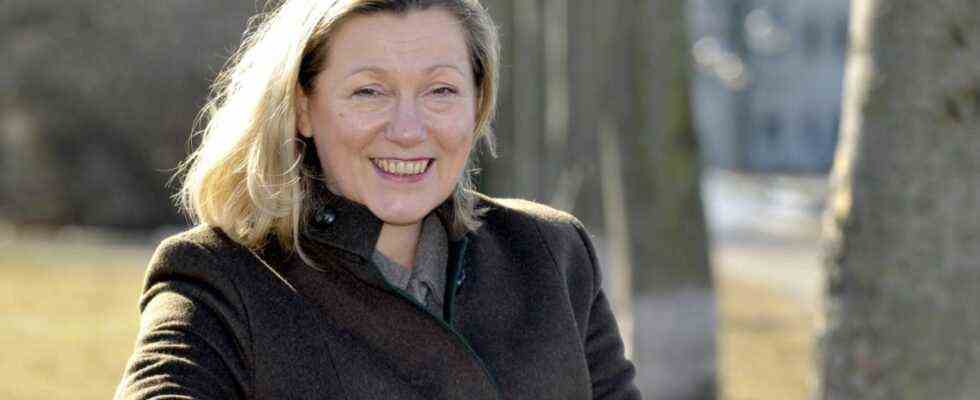“Last Help – Knowing what matters at the end of a life” is the name of a course organized by the Kirchheim Hospice Association, which will take place on Wednesday, November 10th, from 7pm to 10pm in Café Mohnblume, Räterstraße 21. Anyone can take part, registration is required by email ([email protected]), the participation fee is seven euros. In an interview, the 67-year-old pharmacist Verena Reckzeh, chairwoman of the hospice association and deputy spokeswoman for the alliance for outpatient hospice and palliative work “Arge Hospiz”, provides information about the range of courses and the process of dying.
SZ: The basic course is called “Ultimate Help”. Do you think that this is as essential as first aid?
Verena Reckzeh: Yes, for me. The very last aid is not about extending life, but it is about providing the other person with relief and an improvement in their quality of life. It’s nice when someone is around who knows.
What is the content of the course?
First of all, it is actually about the citizens being informed. What actually happens in the dying process? What can all appear there? That people withdraw, that they eat and drink less. Of course, it is also important that you consider in good time how you would like to provide for yourself with a living will and power of attorney. In the course it also emerges that there are a few hand movements that make things easier for the dying person. The oral mucosa is moistened and a fan is set up. Of course, it will also be discussed which support services are available in the area. For example, you can get help from the network of outpatient hospice support and palliative care advice from the hospice services.
These are not easy topics, even for the participants.
Our experienced consultant is Brigitte Schmitt-Hausser, who also trains hospice attendants. She is very used to getting the conversation going and balancing between personal experience and professional information. Sometimes it is also unprocessed deaths that the participants bring with them and where they worry about whether they have done something wrong. Or questions of guilt. She can then classify that and often say that was totally correct! Sometimes tears flow, but there is also laughter.
Do you think these unanswered questions that the participants bring with them are part of a bigger problem? That there is not enough space for dying in our society?
We have made the observation that dying no longer takes place in the community, also due to the development in society with the many single people. There is a study that you actually only experience the first death in the vicinity at the age of 35. Then you stand there and don’t know: what needs to be done? What do I do now? In our hospice service, it’s actually about bringing dying and death back into everyday life and understanding it as part of life. That is why we offer courses like this to give you the courage to be together while you die. That is of course scary, because we often only know dying from watching television or playing computer games.
Can you Through education, people take away their fear of dying or do they learn to deal with fear?
Maybe more to deal with the fear. Woody Allen once said: I’m not afraid of death, but I don’t want to be there when I die. You just don’t know what is going to happen, as a relative and as a dying person.
W.he is taking the course?
There are mainly people who have very old, seriously ill parents or partners or whose parents have died. There are more middle-aged people. When you are in a phase of life where you have to think about where you are going.

